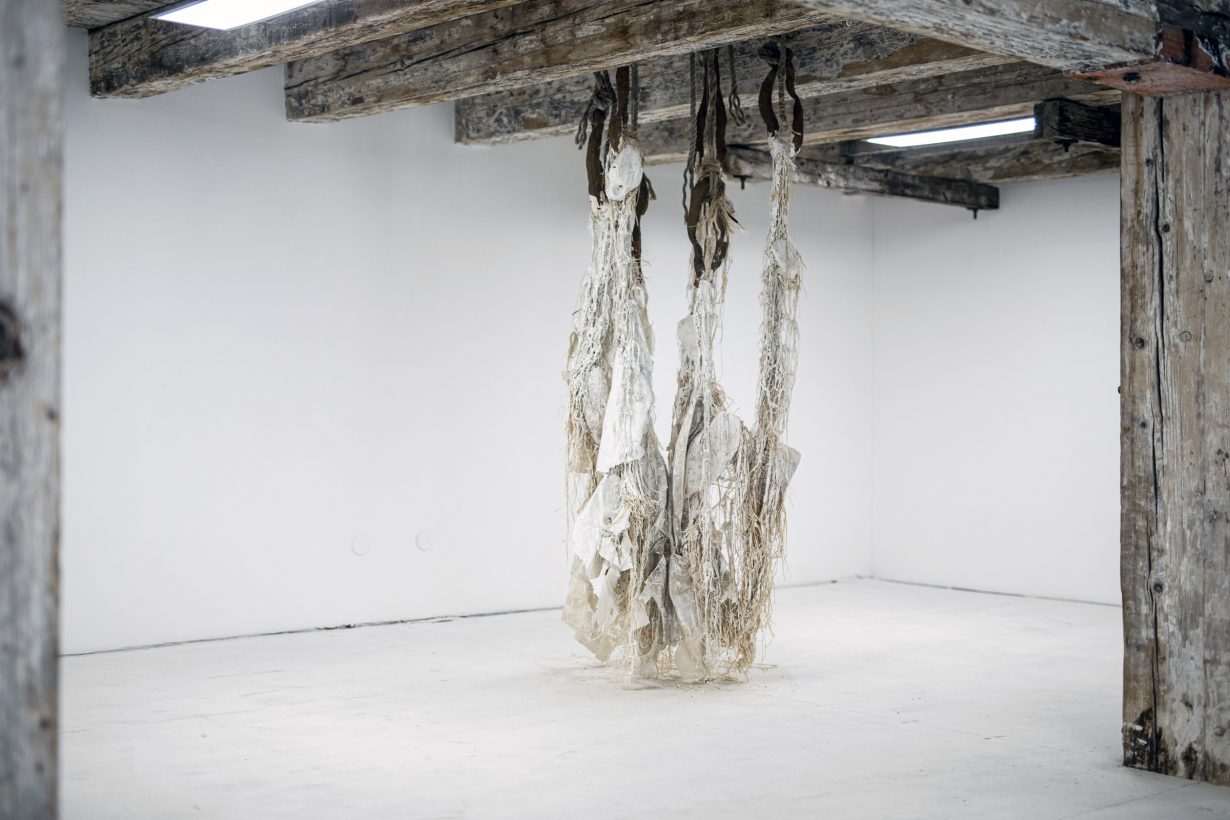
The Whitechapel Gallery and Collezione Maramotti have announced Dominique White as the winner of the 2022-2024 Max Mara Prize for Women. The prize, awarded on alternate years since 2005, comes with a six-month residency in Italy, culminating in a major solo exhibition to be held in 2024, launching at Whitechapel Gallery and then touring to Collezione Maramotti, Reggio Emilia, Italy.
White was selected from a shortlist including Rebecca Bellantoni, Bhajan Hunjan, Onyeka Igwe and Zinzi Minott. The youngest winner in the Prize’s history, White was chosen by a panel including gallerist Rozsa Farkas, artist Claudette Johnson, writer Derica Shields and collector Maria Sukkar – chaired by Max Mara’s guest curator Bina von Stauffenberg. Previous winners include Emma Talbot, Helen Cammock and Emma Hart.

Based between Marseille and Essex, White has developed a visual identity in her sculpture and installation works where nautical imagery and dialogue between afro-pessimist and -futurist ideas meet concepts of colonial memory, regeneration and the relic. Through research, mentoring, study and studio work alongside local journalists and historians, White intends in her residency to ‘explore and interrogate the meaning and exploitation of “deadweight tonnage”, tracing its relevance to the historical slave trade and its contemporary forms in the Mediterranean’.

Whitechapel Gallery director Gilane Tawadros said of her awarding: ‘At a time when the need for refuge and safe space is so acute and the passage of individuals and communities by sea poses such risks to lives and exposes so much injustice, the interrogation and exploration of both the historical and contemporary systems that control movement and identity seems especially urgent.’